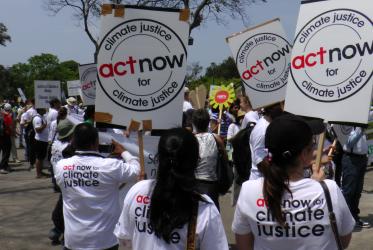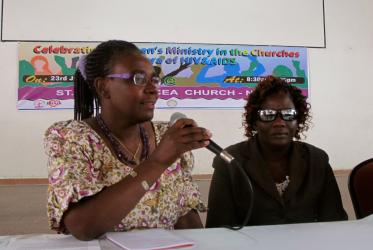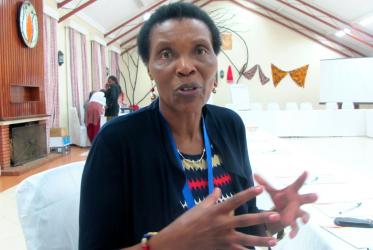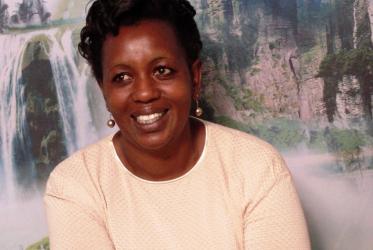Displaying 281 - 300 of 318
18 June 2015
WCC member churches pursue climate justice
01 April 2015
Addressing the HIV threat through education and training
23 February 2015
Pilgrimage of justice and peace gives vision for WCC programmes
22 November 2014
Churches have a special role to play in HIV response
18 November 2014
Dealing as a church with HIV
13 October 2014
Churches and agencies formulate responses to Ebola outbreak
01 October 2014
Weaving together personal faith and climate change
23 September 2014








